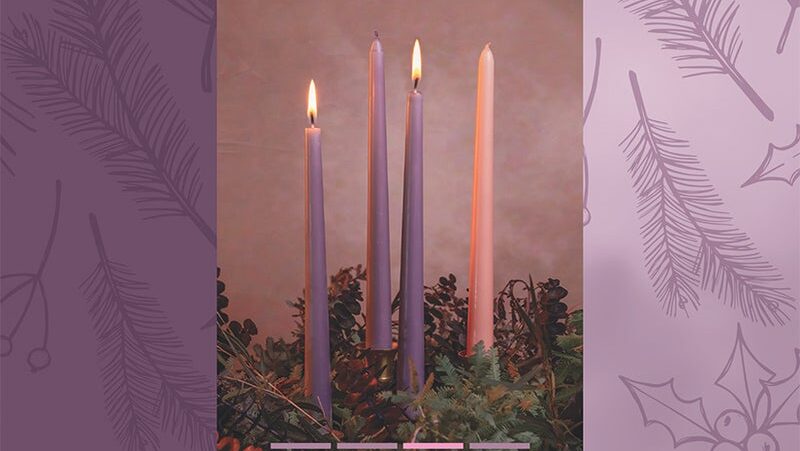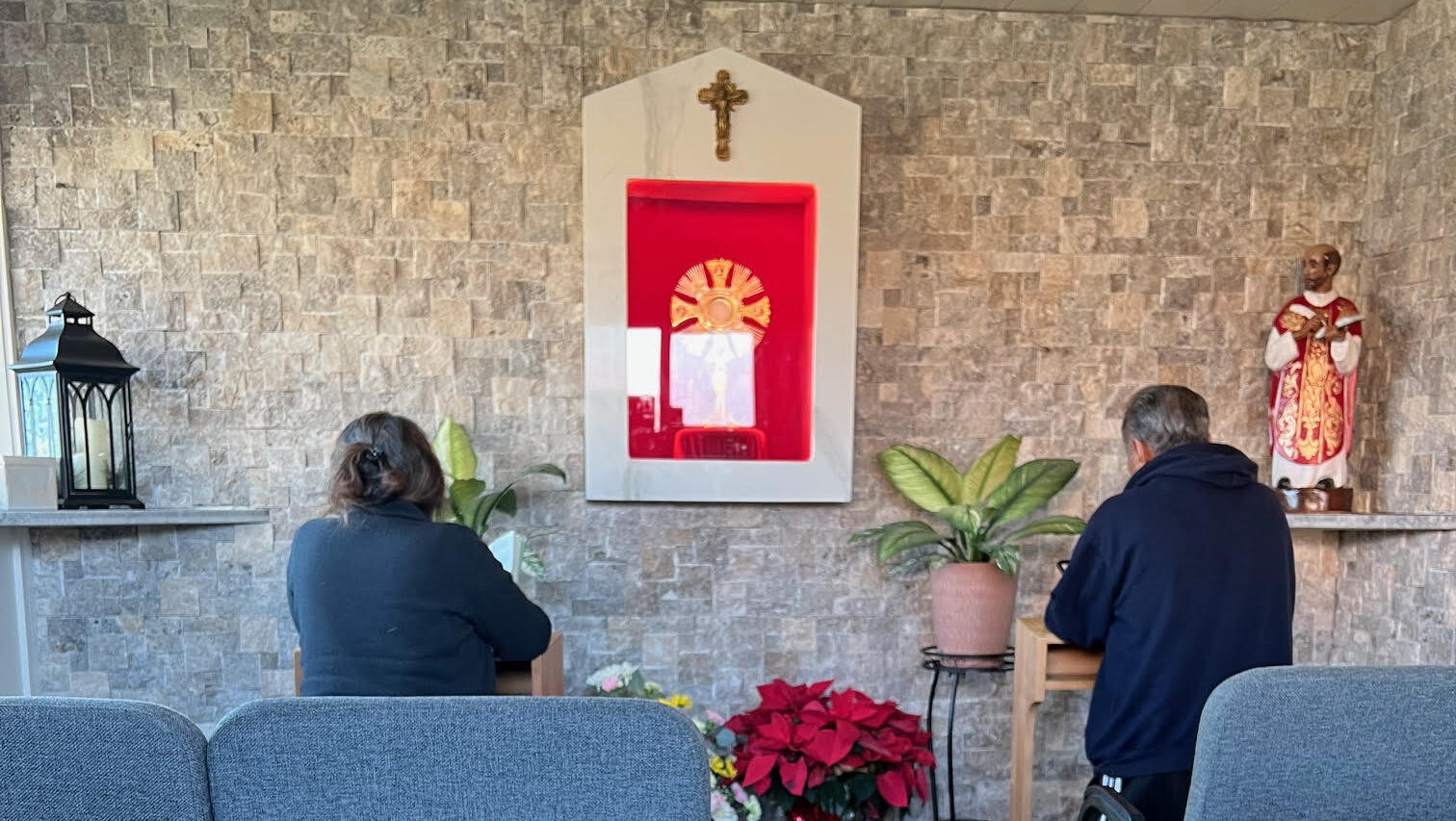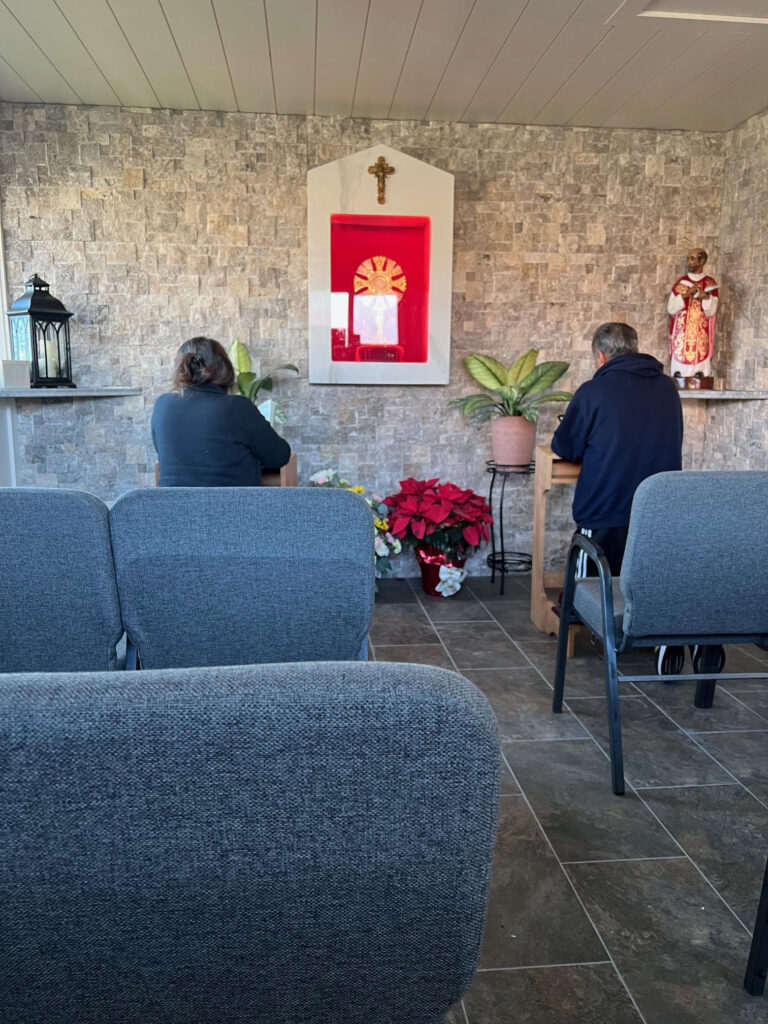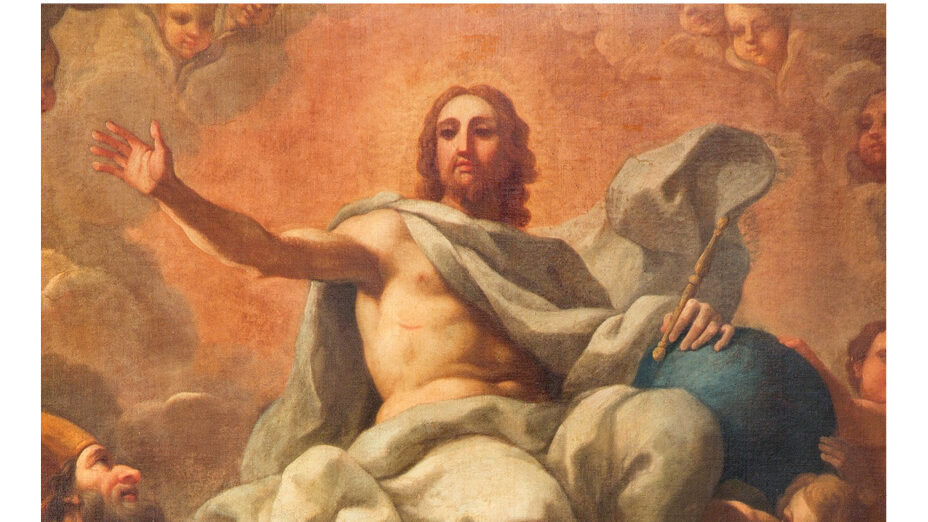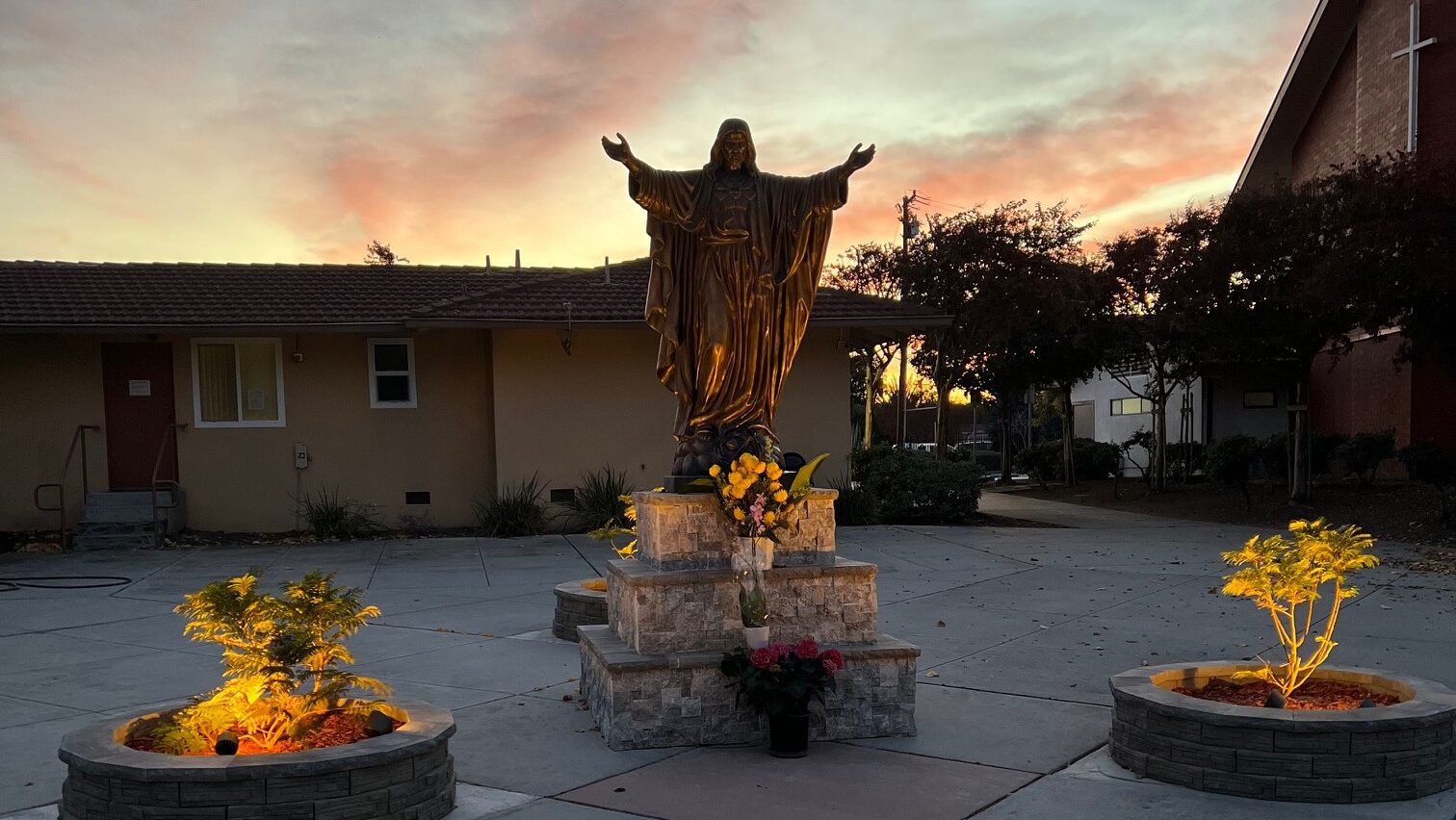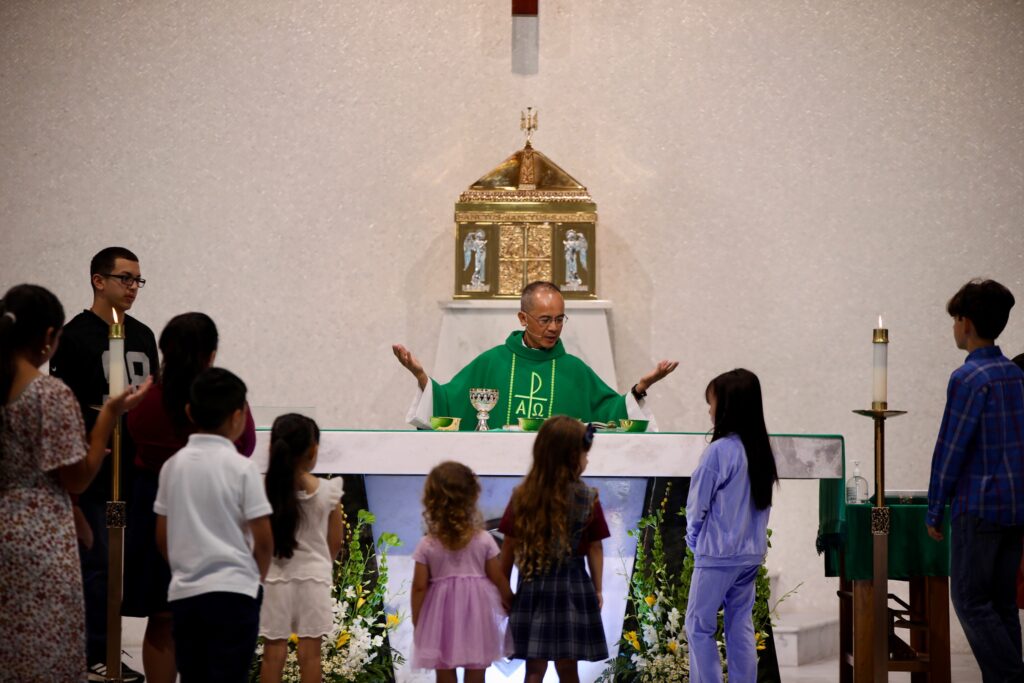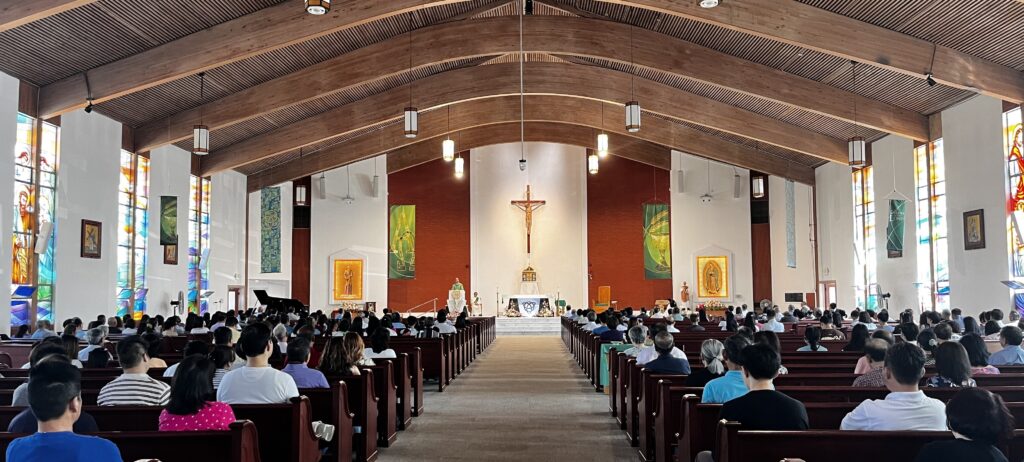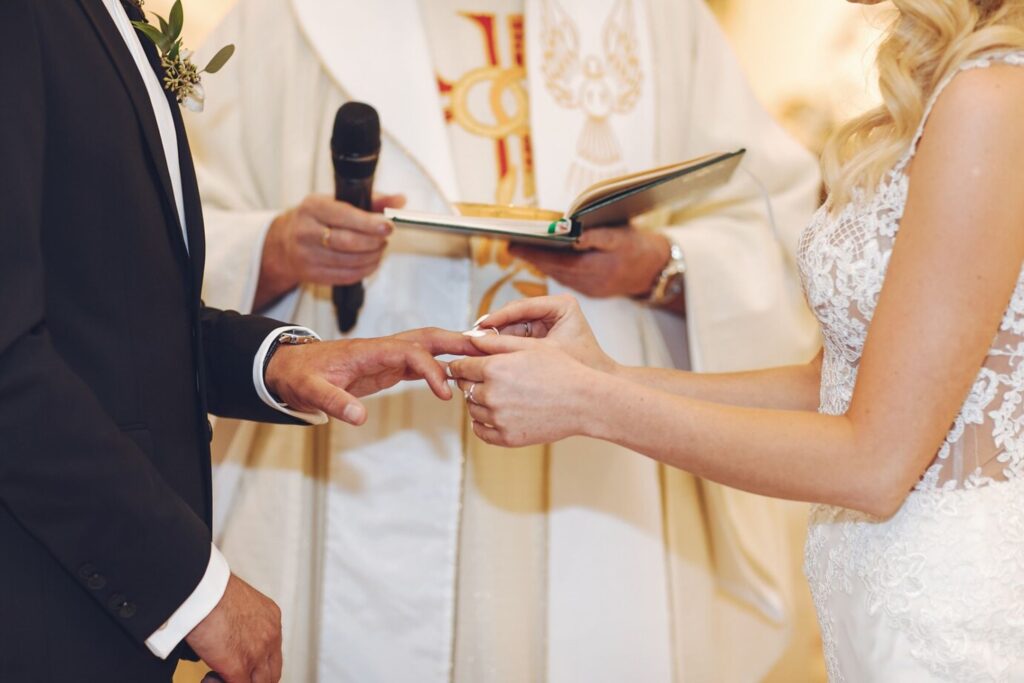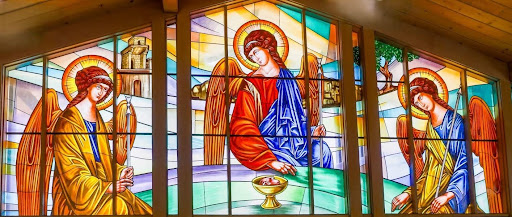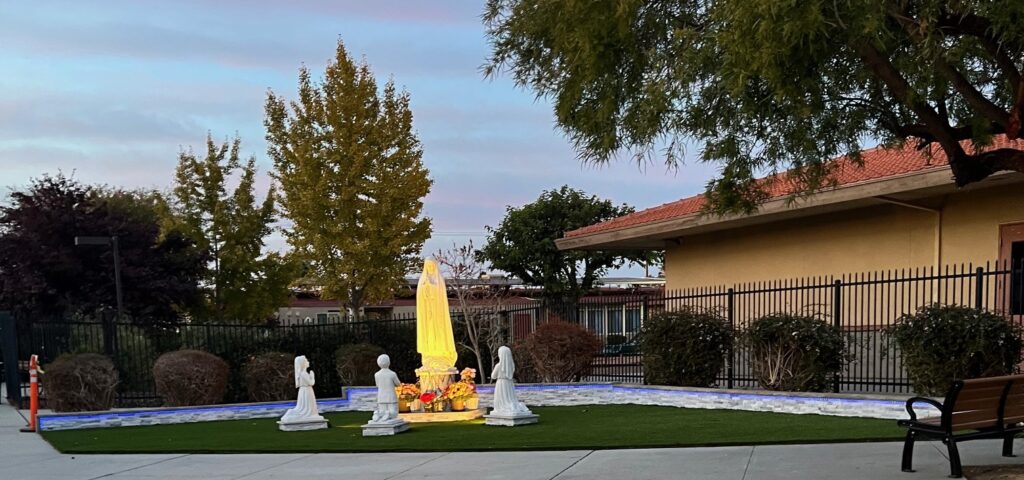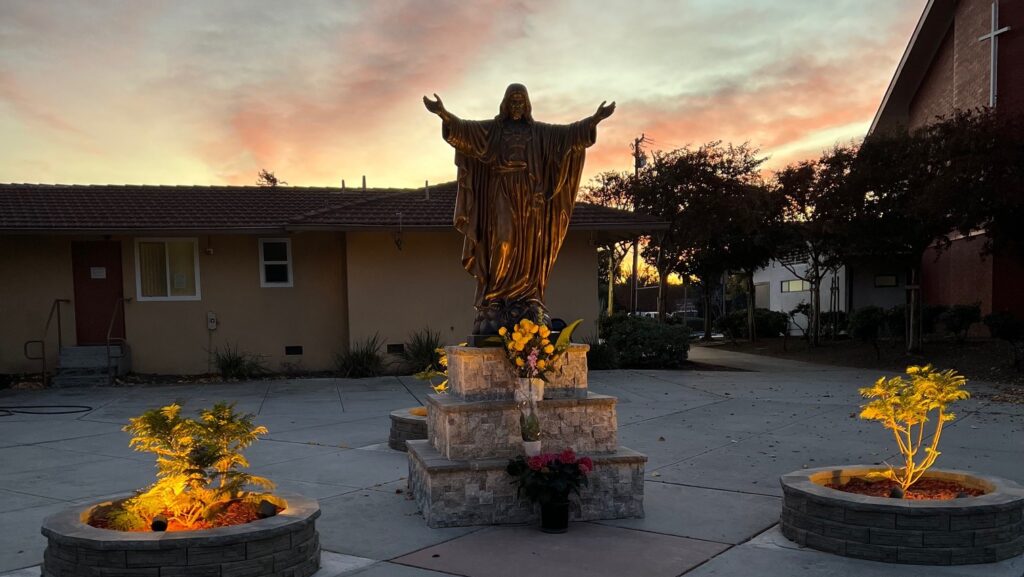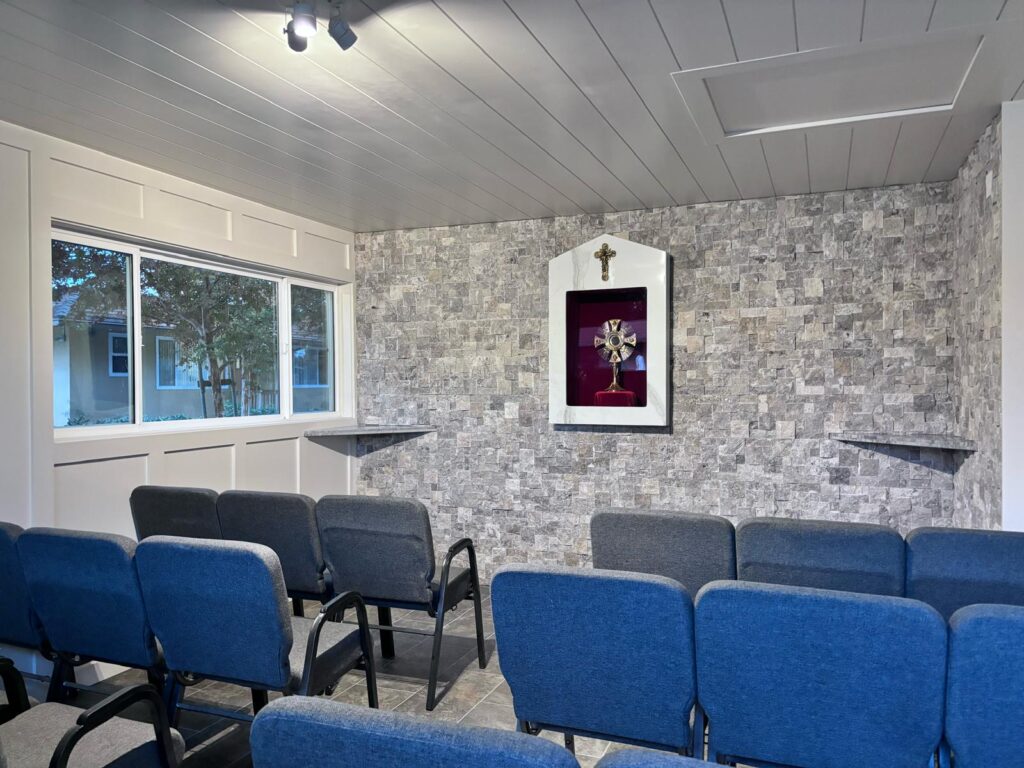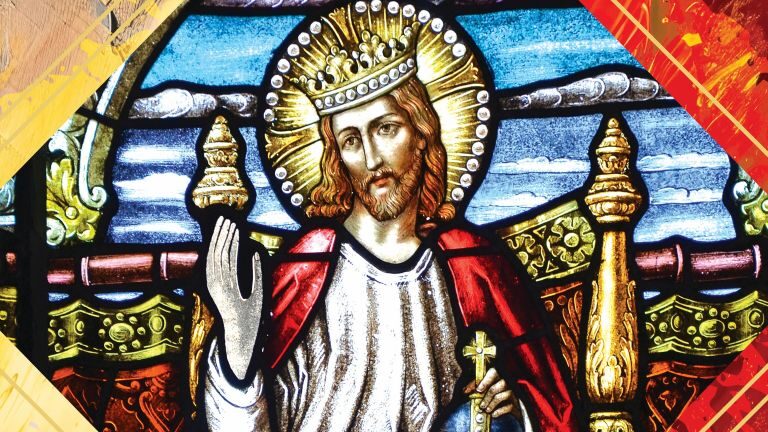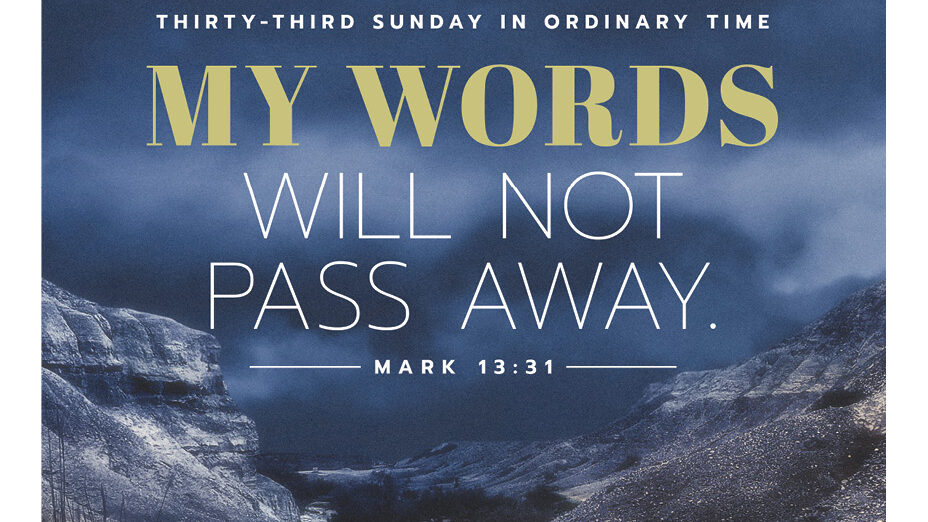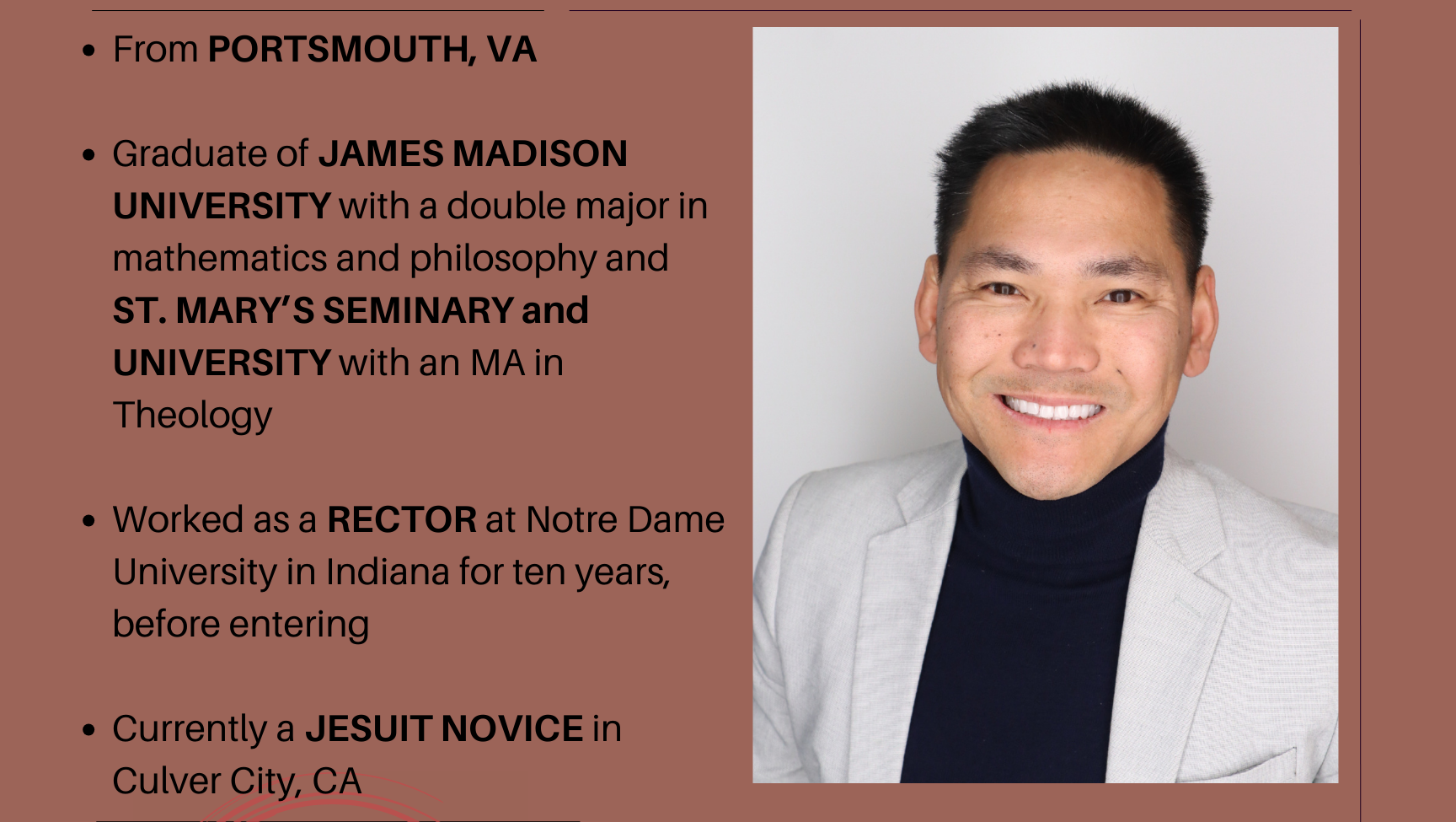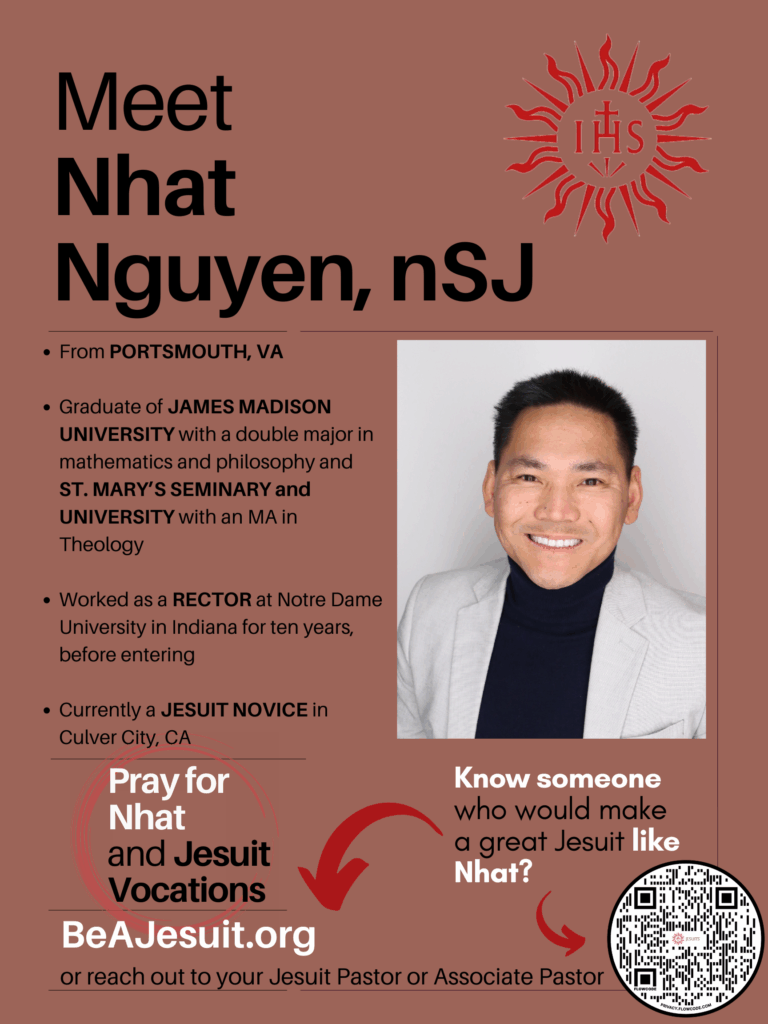December 8, 2024
Dear Parishioners,
In this week’s Gospel, John the Baptist used the image of a road to describe the preparation to welcome the King: “Every valley shall be filled, every mountain and hill shall be made low. The widning road shall be made straight, and the rough ways made smooth.” When we understand that the road to welcome the Lord is our own soul, then valleys, mountains, widing roads, and rough places are what prevent God’s love and grace from touching our hearts and transforming them. To recognize these obstacles, we must examine ourselves carefully and regularly.
Another rich image that helps us reflect on the preparation of our souls is the image of a gutter. This season, there is a lot of rain, so we must also clean the trash in the gutters of our roofs so that the water does not clog and overflow to other parts, causing damage to the house. When we use the symbol of God as the source of love and grace, we also compare our hearts to gutters that receive the saving water from God’s heart.
So, in order for God’s love and grace to flow abundantly in our souls, what are the wastes that block the flow of God’s grace?
One of the things that often clogs the gutters is the branches from the trees around the house that fall into the gutters. What are the branches that clog the gutters of the soul? It could be a deep pain caused by someone, and even now, when touched, that wound still stings. It could be a mistake from the past that makes my heart sink every time I think about it. It could also be a disordered passion that has the ability to destroy terribly, and that I have tried many times but still cannot escape.
Besides those bulky branches, there are many withered leaves that will cling to the branches, blocking the flow of the water of grace. There are leaves of greed, although small, but accumulated over time, they can form a dense wall that blocks the flow of water. The more we possess, the more we want to collect, and the more we collect, the thicker and stronger the wall becomes. There are fallen leaves of jealousy and envy, although not revealed on the outside, they silently pile up over the years into clusters, then into a clump, covering the gutter.
Smaller are hairs, feathers, which when mixed with branches and withered leaves, create walls that the water cannot penetrate. Untrue rumors are spread to belittle the reputation of others or to sow bad doubts in the hearts of listeners, thought to be harmless but slowly forming into a bunch, a roll, not easy to remove. Petty lies that are considered insignificant or hidden continue to be done day after day, month after month, until they become a habit; by then the gutter has long been clogged.
And we not only block the flow of grace, but we also make holes in our gutters, allowing the water of grace to dry up over the years. Every time we miss a Sunday Mass, we refuse grace. Every time we are lazy and do not confess or receive communion, we make a big hole in the
gutter of our soul. Every time we have the opportunity to do good deeds and ignore it, we make a hole so that grace is not received. When we have the opportunity to serve, we find all kinds of reasons to refuse, then we close the gutter of our soul.
God’s grace is boundless and endless, constantly flowing into the human soul. It is only a pity that humans keep creating so much debris and garbage that chokes the flow of grace. It is truly a sadness that humans keep making holes that empty out the water of salvation.
Without silently examining ourselves and humbly accepting God’s sanctifying grace, human life will only consist of a series of hopeless and uncertain days, and death will strike at any moment.
Meanwhile, happily, there are still many open and free souls who not only imbibe grace into themselves, but also spread it to their families, friends, communities, and sometimes even influence society and the nation. They become messengers of the Good News, the John the Baptist of the new era. Living near them, others feel peaceful and confident, because they have become effective instruments of the Prince of Peace.
In the Most Holy Trinity and in solidarity with you all,
Fr. Duc

